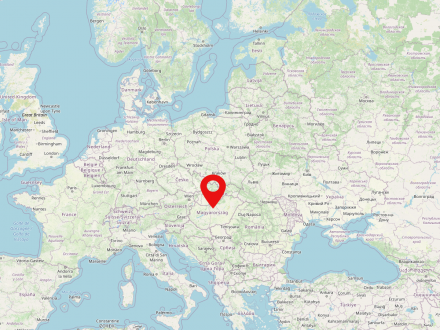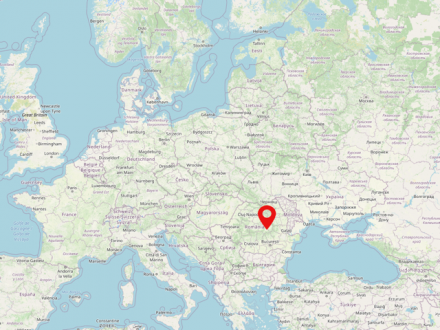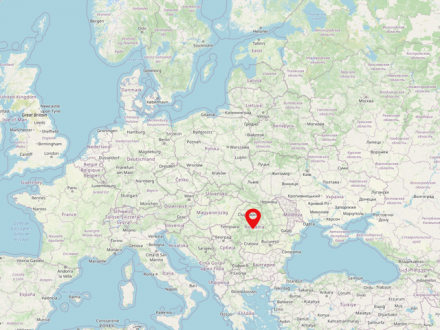Hungary is a country in Central Europe, whose capital is Budapest. The country is home to about 10 million people and was part of the so-called Habsburg Empire for several centuries. Hungary has been a member of the European Union since 01.05.2004. The Danube is the largest river in the country.
Brașov is located in the historical region of Transylvania in the center of Romania and is a large city with almost 250,000 inhabitants. Brașov was one of the settlement centers of the Transylvanian Saxons.
Sibiu (rom. Sibiu, hung. Nagyszeben) is a city in central Romania. With almost 147,000 inhabitants it is the capital of the Sibiu County. It is located in the historical region of Transylvania and is an important place of the German speaking minority of the Transylvanian Saxons. Sibiu is located about 275 km northeast of Bucharest, the capital of Romania.









